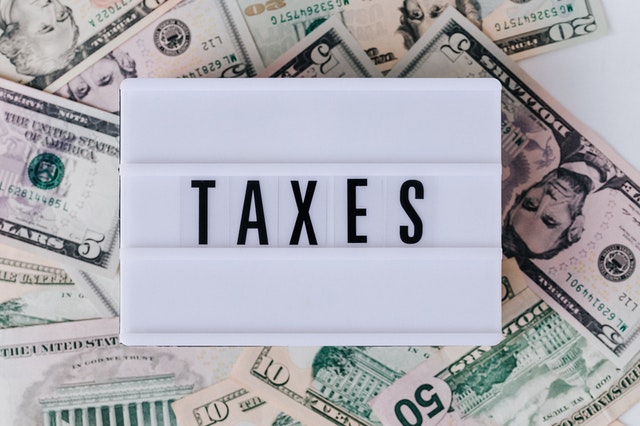
It seems that the vast majority of Americans are ecstatic to receive tax “refunds” when they file their tax return. After all, who wouldn’t like to receive a potentially large check at tax time? It’s basically free money, right?
Wrong.
Let’s analyze this a bit further. What exactly is a tax “refund”? If you receive money from the IRS when you file your tax return, it is most likely due to the fact that you overpaid your taxes throughout the year. Stated differently, the “refund” you are receiving is simply money you paid to the IRS which you didn’t need to. If you would have paid a lower amount of taxes to the IRS, your “refund” would have been lower or nil. In fact, if you reduce your payments enough, you will need to pay additional taxes when you file.
Let’s look at it from a different perspective. When you overpay your taxes throughout the year, a couple of things happen:
a. You have less cash for personal use, and
b. You provide the government with more cash than they require you to pay
Does the government act like a free market institution and pay you interest on your generous “loan”? Certainly not. This is ironic given that they charge you interest (and penalties) when you don’t pay them enough.
The bottom line is that if you are receiving money back when you file, it means that you provided the feds with an interest-free loan during the year.
Does this sound like a good proposition to you?
